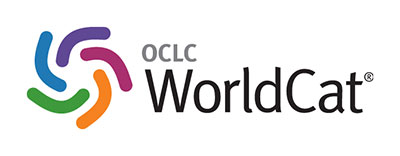IMPLEMENTASI GADAI SYARIAH (RAHN) UNTUK MENUNJANG PEREKONOMIAN MASYARAKAT DI INDONESIA
DOI:
https://doi.org/10.28932/di.v10i2.1126Keywords:
LawAbstract
The development of the economy and business world is always followed by the development of the need for business capital and additional facilities for business capital needed to accommodate the needs needed for the development and development of modern society. ) In Indonesia and the benefits of Sharia Pawn (Ranh) compared to other Institutions to Support the Community Economy. This research was conducted by normative juridical method. The primary legal material is a regulation and legal analysis with steps of deductive reasoning. In conclusion, the implementation of Indonesian Islamic pawnshop has been very developed in line with the times and the rise of financial institutions in accordance with the practice of sharia began to be carried out. This Islamic sharia practice or what is called rahn is very brave, there is no imposition of usury or interest on loans given. Besides that sharia provision is very beneficial for the community, judging from its benefits, Islamic mortgage is a solution for the community in helping to increase the occurrence of various activities needed, which in essence is in the mortgage to help the community.Downloads
Download data is not yet available.
Downloads
Published
2019-04-30
How to Cite
Manahaar, P. (2019). IMPLEMENTASI GADAI SYARIAH (RAHN) UNTUK MENUNJANG PEREKONOMIAN MASYARAKAT DI INDONESIA. Dialogia Iuridica, 10(2), 97–104. https://doi.org/10.28932/di.v10i2.1126
Issue
Section
Articles













